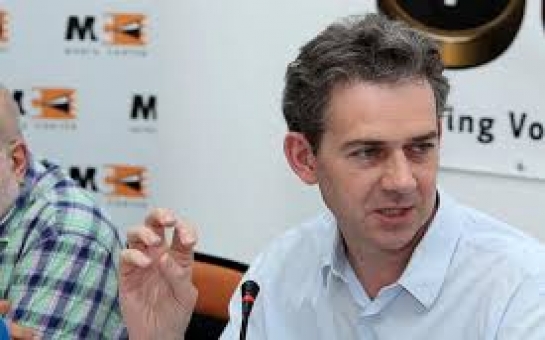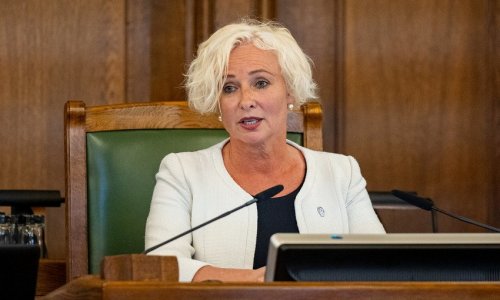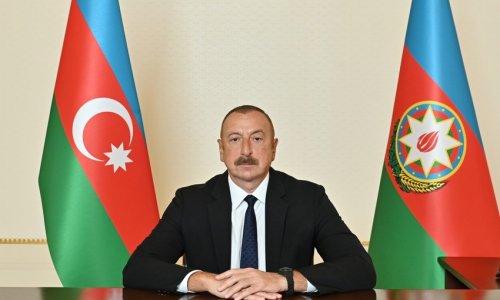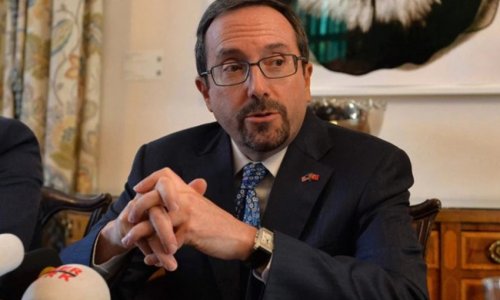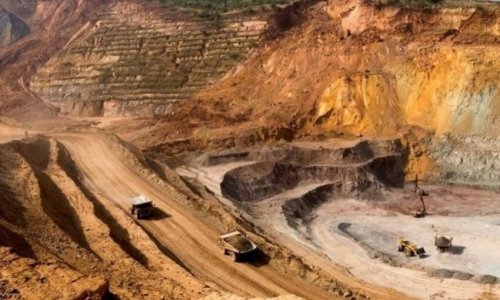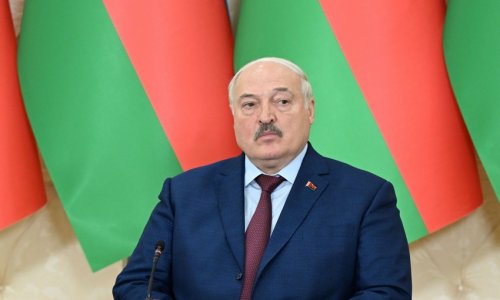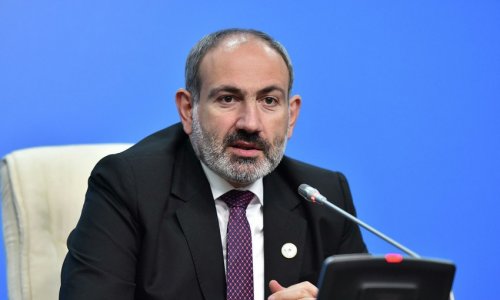By Kamal Ali
Tom de Wall, a prominent British political analyst who wrote “Black Garden”, a book about the Nagorno-Karabakh conflict between Armenia and Azerbaijan, has strongly criticized the Scottish referendum of independence.
In a Facebook posting, de Wall said that everybody in England, including himself, is concerned about the prospect of Scotland breaking away from the UK. Scotland’s independence will mean the loss of British identity, which is based on a wider principle of nationality and not on ethnicity.
Scotland’s separation from the UK will be followed by a whole host of disputes on the division of oil deposits, the principles of new nationality, on Scotland’s admission to the European Union, among others.
“In short, a Yes vote would open the Pandora box and I am definitely against it,” de Wall said.
In an article on Carnegie.ru, headlined “The Scotland effect”, de Wall wrote:
“Nation states hate the idea of separatism, even in the most clear-cut cases. It smells too much of anarchy. That is why Somaliland has not been recognized as independent, even though it objectively has more statehood than its nominal “parent state” Somalia. And why, five European Union members, Cyprus, Greece, Romania, Slovakia, and Spain, have still not recognized the independence of Kosovo.
“Scotland has set a good precedent in Europe by staging a democratic debate on separatism in which everyone with a stake in the outcome has been given a voice. Even so, as the actual vote nears, that debate has got more angry and bitter.
“Breaking up a state is a traumatic process. If the pro-union camp is still in the lead in Scotland, it is mainly because voters fear a prospect of massive uncertainty resulting from a Yes vote. Unresolved questions range from whether an independent Scotland will get to keep the pound, to what will be the status of Queen Elizabeth to what will happen to pension entitlements.”
“People on all sides of the conflicts of the Caucasus know all about the pain of break-up. Those Abkhaz or Karabakh Armenians who cheer on the pro-independence Scots also recall in quieter moments that they did not start with independence slogans. The referendums on independence of the 1990s in Abkhazia, South Ossetia, Karabakh, and Transnistria, unrecognized by the rest of the world, came after a long interval of conflict and uncertainty.
“Recalling the trauma, even these separatists might tell the Scots that breaking up with the United Kingdom is best avoided, when other alternatives are available.”
Bakudaily.Az

